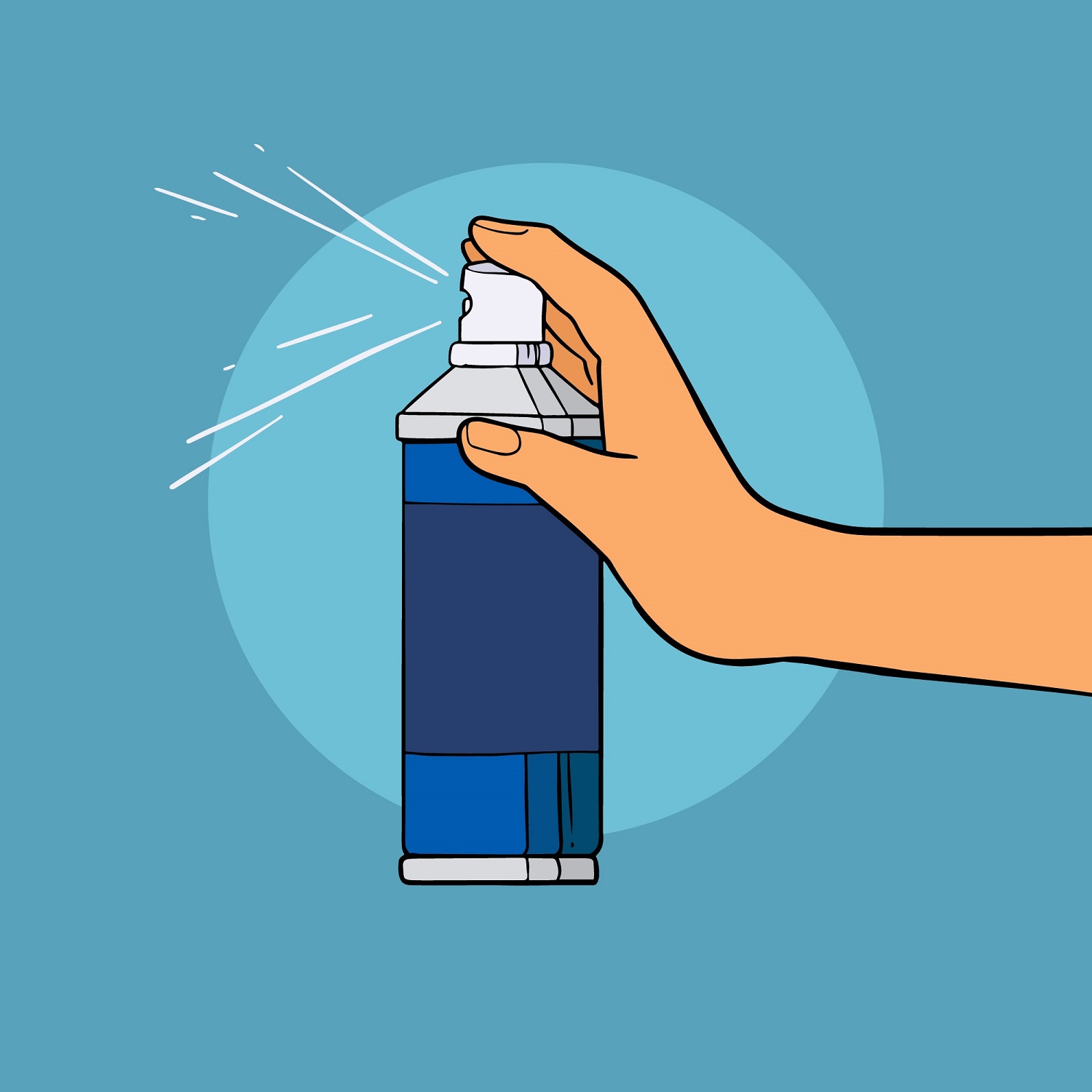If a wasp gets inside your house, you might want to spray it down. However, some sprays can be harmful to wasps and other insects. Insecticides are chemicals that act as nerve poisons to kill insects. They work by interfering with an insect’s nervous system, causing it to die. Ant and roach sprays can be used to kill wasps, but you must be careful when using them.
Choosing the Right Wasp and Roach Killer
The terms “pyrethroid” and “pyrethrin” refer to a group of chemicals rather than a specific chemical. Although your friendly bottle of ant and roach spray will not say that, it will contain the following ingredients:
- Cypermethrin
- Prallethrin
- Tetramethrin
- Lambda
Any of these ingredients use these substance classes, which should be listed on your roach and wasp pesticide before buying it. You won’t have the best pest spray if you don’t see these ingredients. If cockroach spray does not work and you cannot use wasp repellent, consider essential oils and wasp traps as a temporary solution. They’ll keep the wasps at bay until a professional arrives to exterminate them.
Signs of Wasp Infestation
Wasps are abundant during the summer, so check your home for an infestation before allowing your children to play outside. There are three major things to look out for that may indicate you have a wasp problem:
Swarming
Social wasps frequently travel in groups and can be seen hovering above garbage or flowering plants. They are easily recognized due to their large size and vibrant colors.
Chewed Wood
Wasps, as previously stated, build their nests out of wood fiber. Wasp infestations would leave holes in wood surfaces. People mistook these holes for termite infestations and treated them instead of wasps.
Wasp Nests
Depending on the species, Wasp nests would be built in the corners of your home. Once these nests are identified, it is best to contact an exterminator to have them removed. Being extremely territorial, removing the nest yourself could be extremely dangerous.
The Key To Success Is Speed
A good pesticide spray should be quick and effective, especially against flying targets such as wasps. One good shot of your spray should paralyze them and cause them to fall from the sky. It’s not a lost cause if the wasps can withstand your first attack and return to their hive. The spray’s ingredients are still active, and wasps covered in it will spread it to other wasps in the nest.
If you can safely approach the nest and spray directly into it, it will absorb the spray like a sponge. The wasps will then be exposed to the spray in droves, and you will soon have no wasp problems!
Final Thoughts
Spraying wasps is not the most pleasant task, but it can be done safely and effectively with the right products. It’s important to know what you’re up against before you start spraying. If you don’t know what kind of wasps you’re dealing with, it’s best to call an exterminator. At Tornado Pest Control, we are certified to handle various pests and can help you get rid of your wasp problem. Contact us today!


